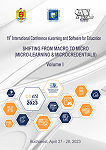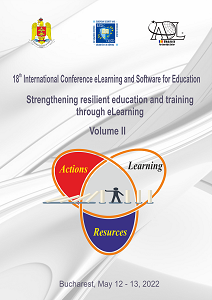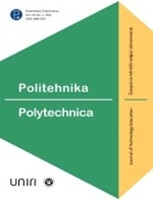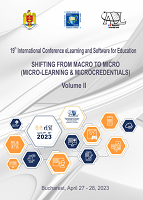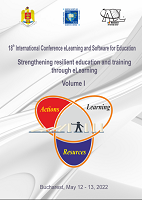
AN EXPLORATION OF POSTGRADUATE STUDENTS' PREFERENCES FOR GAME MECHANICS IN A GAMIFIED CLASSROOM
Although a thorough review of the literature shows that game mechanics can be a powerful tool for enhancing and promoting engagement, motivation, enjoyment, and learning achievement at the higher education institution level, few studies have examined whether gamification is appropriate for postgraduate students, as well as their attitudes toward a gamified classroom. The study aimed to look into postgraduate students' attitudes toward game mechanics and how certain game mechanics affect their learning outcomes. A qualitative case study was conducted with 16 postgraduate students from the Master of Instructional Multimedia programme enrolled in the Instructional Design and Delivery course as the study's sample, using semi-structured focus group interviews and a survey questionnaire. The study found that challenges and teams, as well as badges and leaderboards, were the most popular game mechanics in the gamified classroom. Challenges were preferred by students because they are enjoyable, intriguing, and appealing due to the various levels of difficulty. In addition, the challenges allow students to demonstrate their comprehension by incorporating their higher-order thinking abilities (HOTS) into their studies. On the other hand, teamwork becomes their preferred option because they enjoy collaborating with other students and sharing information and responsibilities. Leaderboards and badges were the least popular because they detracted from their purpose. The findings imply that integrating certain game features can help postgraduate students have more interesting and meaningful experiences. These findings suggest that three-game mechanics greatly influenced postgraduate students' attitudes in a gamified classroom, with challenges, teams, and leaderboards ranking first, second, and third, respectively
More...
